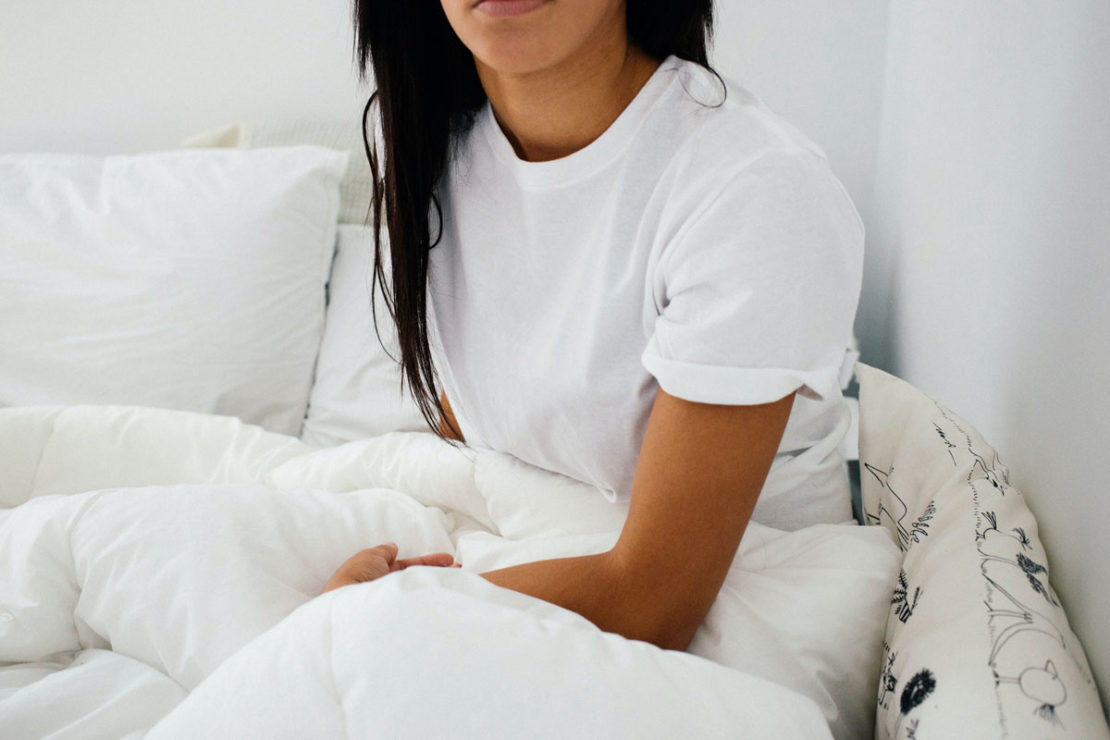
Herbal Dreamtime: 6 Herbs To Enliven Your Dreamspace
Dreams are often synonymous with magic, personal achievement, and mystery. Although dreams are commonly disregarded, our dreams (both while awake and asleep) can serve as strong symbols and reference points for our personal journeys. For those of you who might have difficulty dreaming or remembering your dreams, there are a number of tools and herbs which can help enliven your dreamspace again. In this article, I share with you some of my favorite herbs to draw from to stimulate dreaming at night.
Why Does Dreaming Matter?
Traditionally, cultures around the world have valued dreaming as a means to commune with the spirit world, recognize crucial symbols in their lives, and offer a source of vision and perspective into future events. Although the detailed symbology embedded within dreams can be quite subjective depending on the person or source, the act of dreaming and reflecting on our dreams can offer powerful insight into our current state and life events. As herbalists, paying closer attention to your dreams can also lend insight into different herbs you can use, new herbal preparations, and other herb-related wisdom that could be relevant to your life or another person you know (Storl, 2012).
Deep and vivid dreaming typically occurs during our rapid eye movement (REM) sleep cycle and, depending on the quality of our sleep, it is estimated that we spend, on average, over two hours dreaming or in a dreamlike-state every night (National Institutes of Health, 2007). When added up over the course of your life, that is a lot of time spent dreaming!
Provoking more vivid dreams using herbs or employing simple practices to help remember your dreams can be easy and not terribly time-consuming to engage with your dreamtime.
6 Herbs For Herbal Dreamtime

The following six herbs are a few of my favorite herbs to help enliven your dreamspace. You can mix and match herbs and methods from the list below, or you can pick just one herb you feel called to use at a time.
Keep in mind that every person’s body is unique, so an herb that helps stimulate dreaming or dream recall for one person may not work for others. Stay curious, observant, and open to how these herbs, and others, could affect your dreamspace personally.
Blue Lotus (Nymphaea caerulea)
Also known as “the Egyptian dream flower,” blue lotus flower has been used since the days of ancient Egypt for its effects on dreaming and relaxation. Blue lotus was believed to be a highly revered mystical plant in ancient Egypt and was used by the priesthood for its health-promoting qualities as well as an herb for spiritual sacrament (Carr, 2018). This herb typically produces mild psychoactive effects that bring on a subtle feeling of euphoria and relaxation for many people.
Given these effects and the spiritual connection blue lotus is believed to carry, it has been used traditionally to enhance meditative and dreamlike states, including states of lucid dreaming. Blue lotus also carries a mild sedative quality, making it a beneficial herb for relaxing the mind and body around bedtime (Carr, 2018). You can incorporate blue lotus as part of your herbal dreamtime routine through enjoying it as a tea, tincture, or in an evening elixir. Note that blue lotus can become quite bitter when oversteeped in a tea.
Mugwort (Artemisia vulgaris)
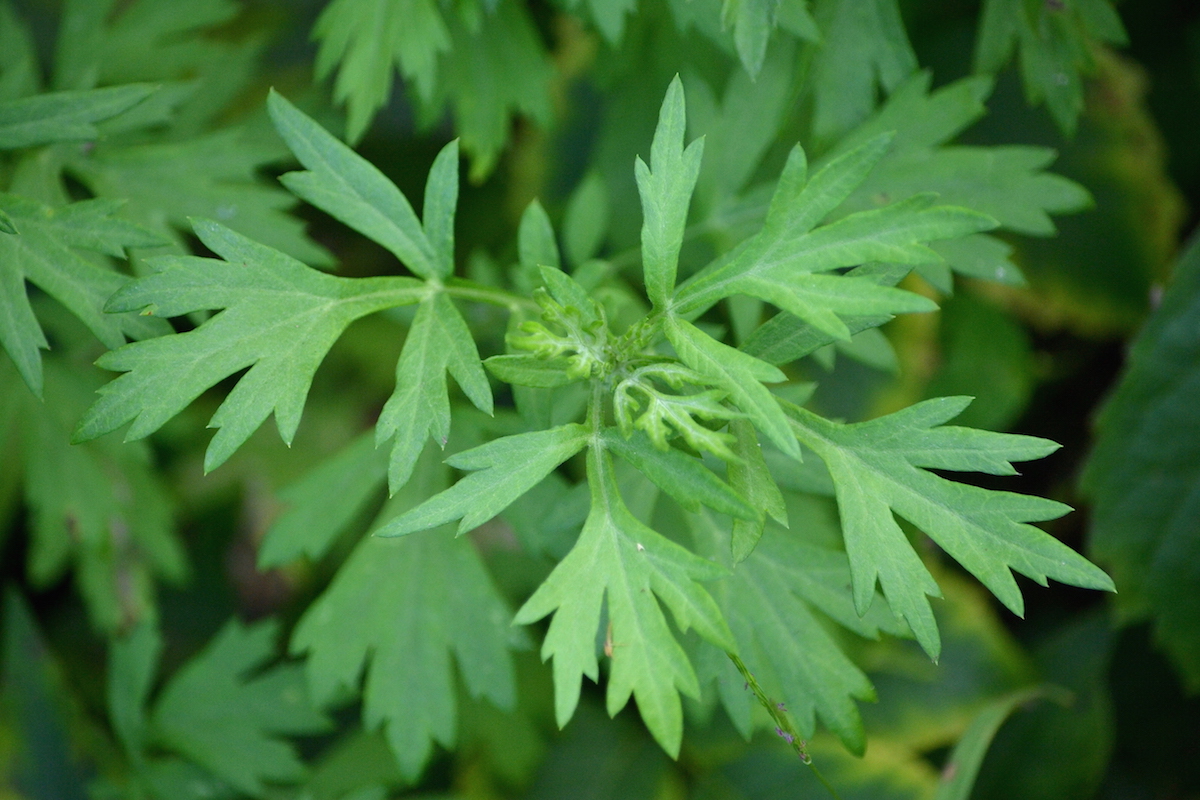
Mugwort is another classic dreamtime herb used by herbalists since ancient times to help enliven and protect their dreamspace. Mugwort is also commonly used in tandem with other practices to help elucidate lucid dreaming (Carr, 2018). This has been found to be effective by many herbalists to induce vivid dreams and even, at times, induce prophetic dreams as well (Kress, n.d.; Brounstein, 1995). Mugwort can intensify the dreaming process, including both the pleasant and unpleasant dreams (Brounstein, 1995).
A popular traditional folk method to incorporate mugwort into your herbal dreamtime routine is to sew the dried leaves and flowers into a small “dream pillow.” This can then be placed under your regular pillow and the aroma and energetics of the herb alone are believed to help promote lucid dreaming, calm the mind, and protect yourself from experiencing bad dreams (Bruton-Seal & Seal, 2009). Mugwort can also be blended into an herbal tea formula and enjoyed before bed although it does carry a distinctly bitter flavor that is best blended with other herbs. Another traditional preparation of mugwort is to burn it and use the smoke to purify and protect your dreamspace (Tierra, 1988). This practice can be particularly helpful if you are prone to experiencing bad dreams.
Passionflower (Passiflora incarnata)
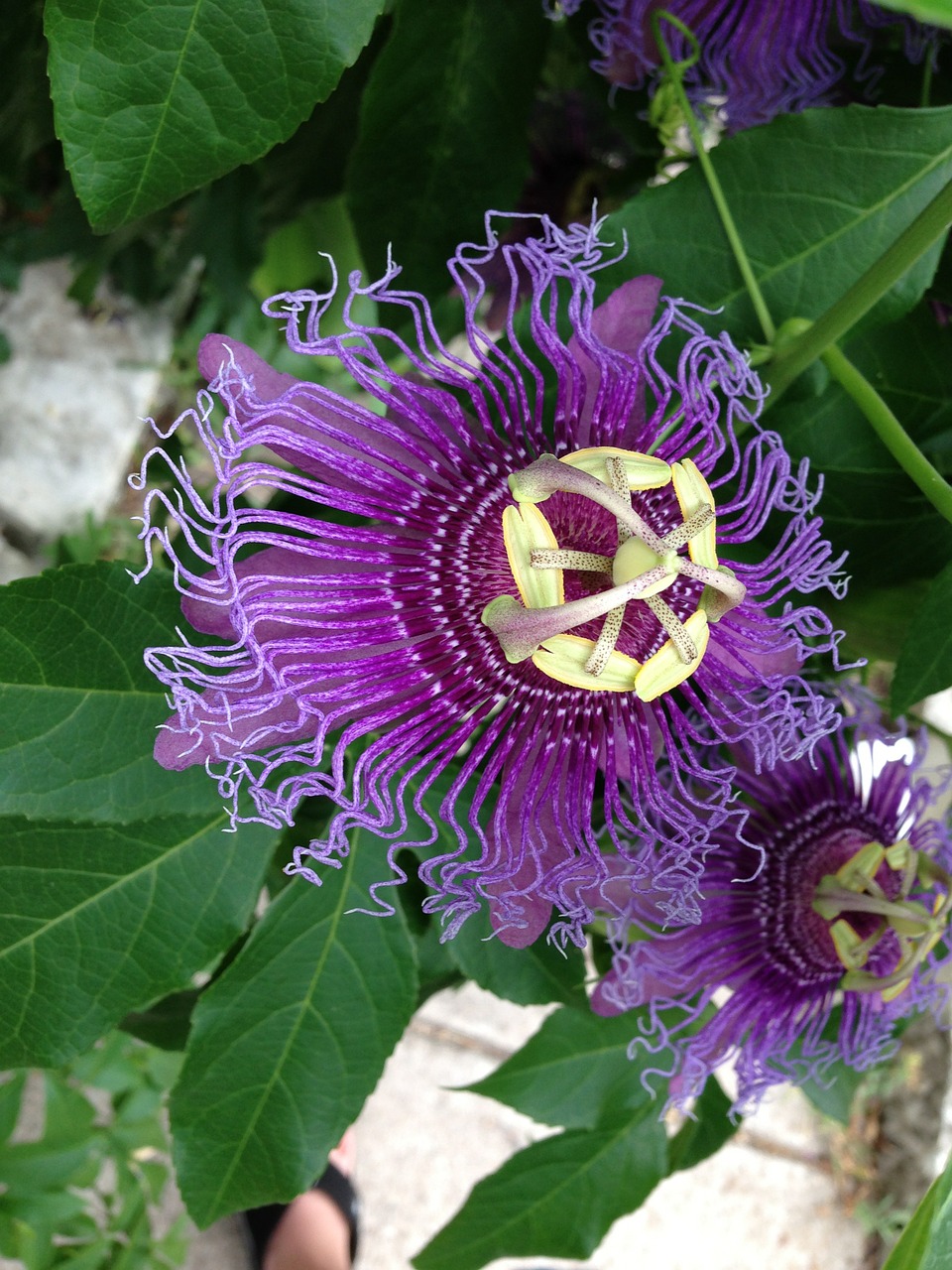
Sometimes simple relaxation is all you need to help enliven your dreamspace again. Since the majority of our vivid dreams occur during our REM sleep cycle, when we have general trouble sleeping or getting relaxed and our sleep cycle is frequently disrupted, our dreamtime and dream recall can become altered as well. When our mind is constantly racing with thoughts, to-do lists, and stressors, we can easily become too preoccupied to even remember our dreams. Waking up with a rush of cortisol and stress instead of ease and curiosity for what images our dreamspace provided the night before.
Passionflower can be a wonderful herbal dreamtime ally for those of us who feel a sense of frayed nerves, anxiety, or general agitation around bedtime. Taking this herb around bedtime to help clear the mind and unwind from the day’s events, can set a powerful tone of relaxation for the night ahead. Typically, when the body and mind are more relaxed, our ability to interact with and recall our dreamspace increases. Passionflower also carries a distinct “hypnotic” quality which some people find helps create more vivid dreams (Tierra, 1988). Enjoy passionflower in a tea or as a tincture in your herbal dreamtime protocol.
Learn even more about passionflower in our post, 7 Things You May Not Know About Passionflower.
Rosemary (Rosmarinus officinalis)
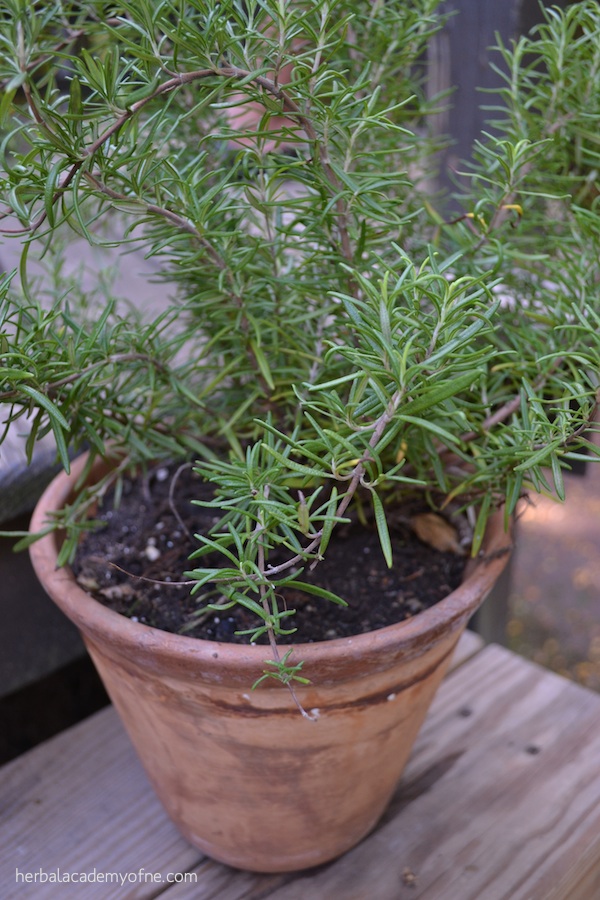
Another approach for stimulating herbal dreamtime is to focus on using herbs which can enhance cerebral activity and memory. From this perspective, when our cognitive function and memory recall are in sharp condition, we are able to recall our dreams more easily. Imagine when your headspace feels “cloudy” or “foggy” and how that alters your ability to remember simple things throughout your day. Many people find that when they address their brain fog in waking life, they are all of a sudden able to recall their dreams more vividly and frequently than before.
Rosemary is a wonderful herb to use in your herbal dreamtime practice to help support healthy brain function and remembrance of dreams (Holmes, 1989). Some find that simply the smell of rosemary or a small “energetic” drop-dosage of rosemary tincture is enough to stimulate their memory and brain function. Rosemary can make a lovely addition to an herbal dreamtime tea formula, sewed into a dream pillow, or taken on its own in tincture form.
Learn more about using rosemary for healthy brain function in our post, DIY Rosemary Memory Elixir.
Yarrow (Achillea millefolium)
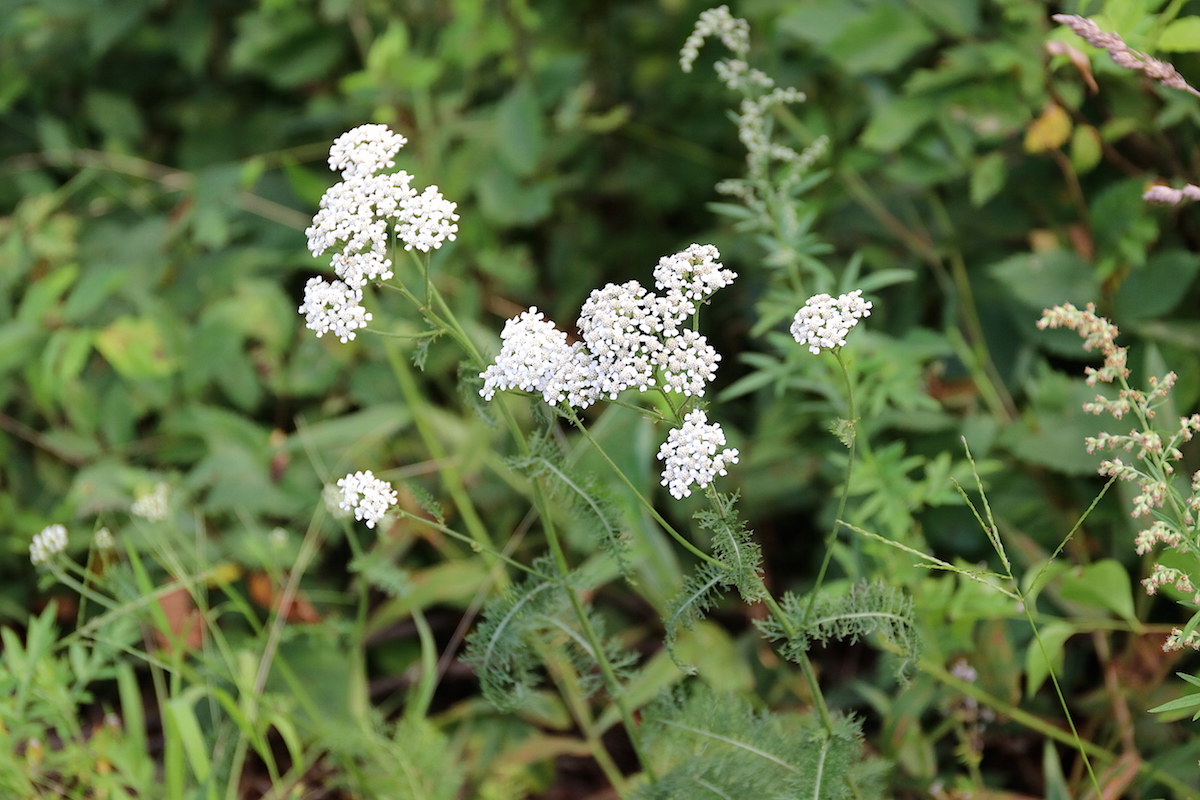
Yarrow is another superb herbal dreamtime ally to help protect our dreamspace. Enlivening your dreamspace can bring forward beautiful and powerful visions, but also, potentially those that are troubling as well. If this is the case for you, it is important to incorporate herbs like yarrow which can help protect your dreamspace. Like mugwort, yarrow is noted to imbue prophetic dreams and deep visions for some people in addition to an enhanced ability to communicate with spiritual energies or forces (Brennan, 2000).
Since many people consider vivid or prophetic dreaming as a type of divination, yarrow is commonly integrated into many herbal dreamtime practices. Dating back to the ancient times of the I Ching when yarrow stalks were thrown as a type of divinatory practice, yarrow’s importance as a spiritual, divinatory, and dream-protecting herb continues today (Brennan, 2000; Tierra, 1988). Dried or fresh yarrow can be bundled together with mugwort and hung above your bed to both help stimulate and protect your dreamspace. It can also be enjoyed in a tea or crushed up and sewn into a dream pillow.
Kava Kava (Piper methysticum)
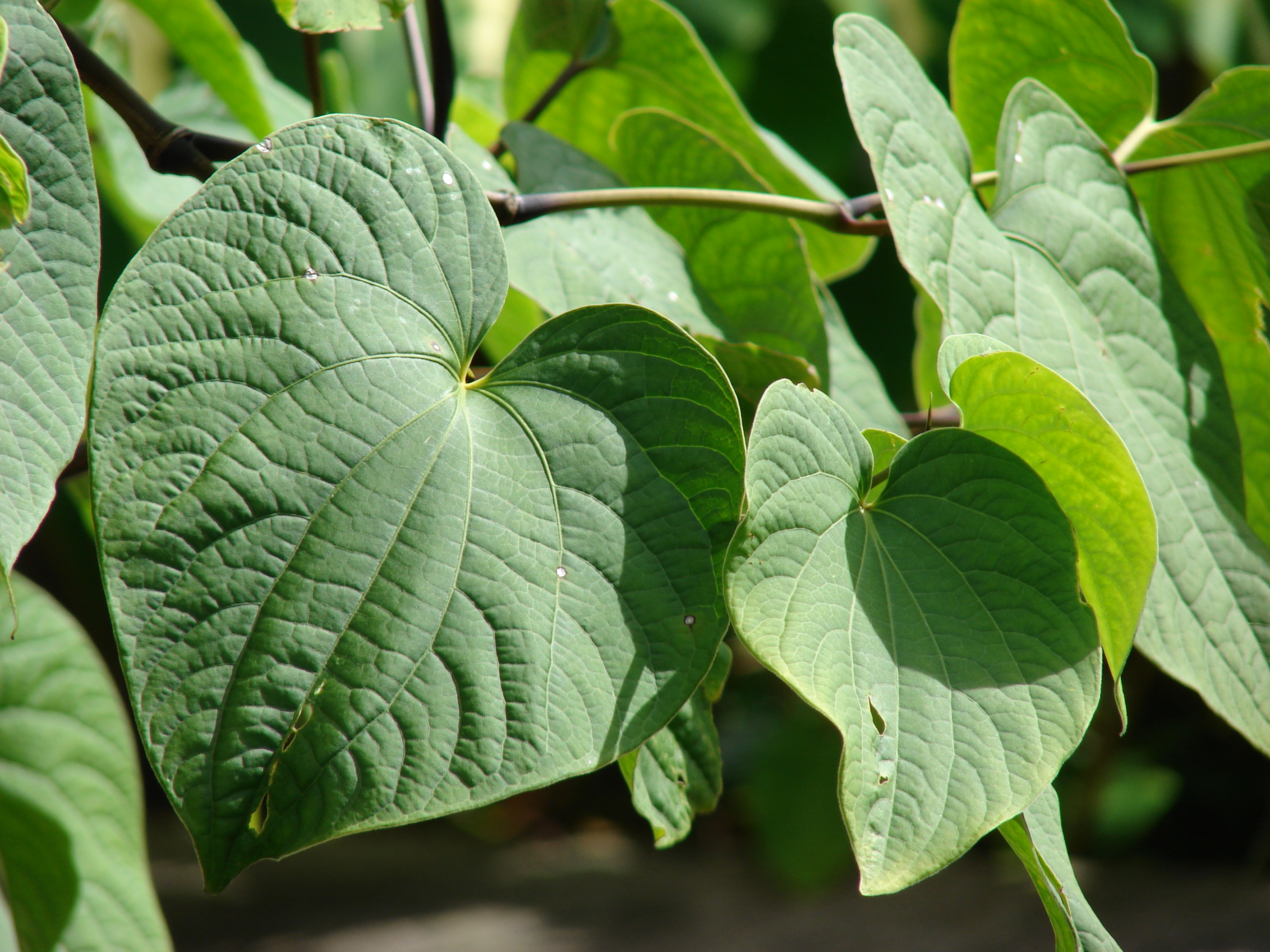
Kava kava is an intriguing herb that can imbue mild psychotropic qualities. Traditionally drunk in Vanuatu and other Pacific islands as an intoxicating beverage, when taken in more standardized doses, kava kava can help soothe nervousness and insomnia while inducing a trance-like and vivid dreamstate (McClain-Furmanski, n.d.; Tierra, 1988). Although kava kava is traditionally used in many cultures to help commune with spirits and gods, it is not a hallucinogenic herb. While some individuals find that kava kava is quite sedative for them, others experience mild stimulating qualities from its mild psychoactive qualities.
Kava kava can be lightly decocted for a tongue-tingling and bitter dream tonic, or it can be easily enjoyed in tincture or glycerite form as an herbal dreamtime aide. Kava kava pairs lovely in a caffeine-free herbal chai or nourishing golden milk.
Sweet Dreams
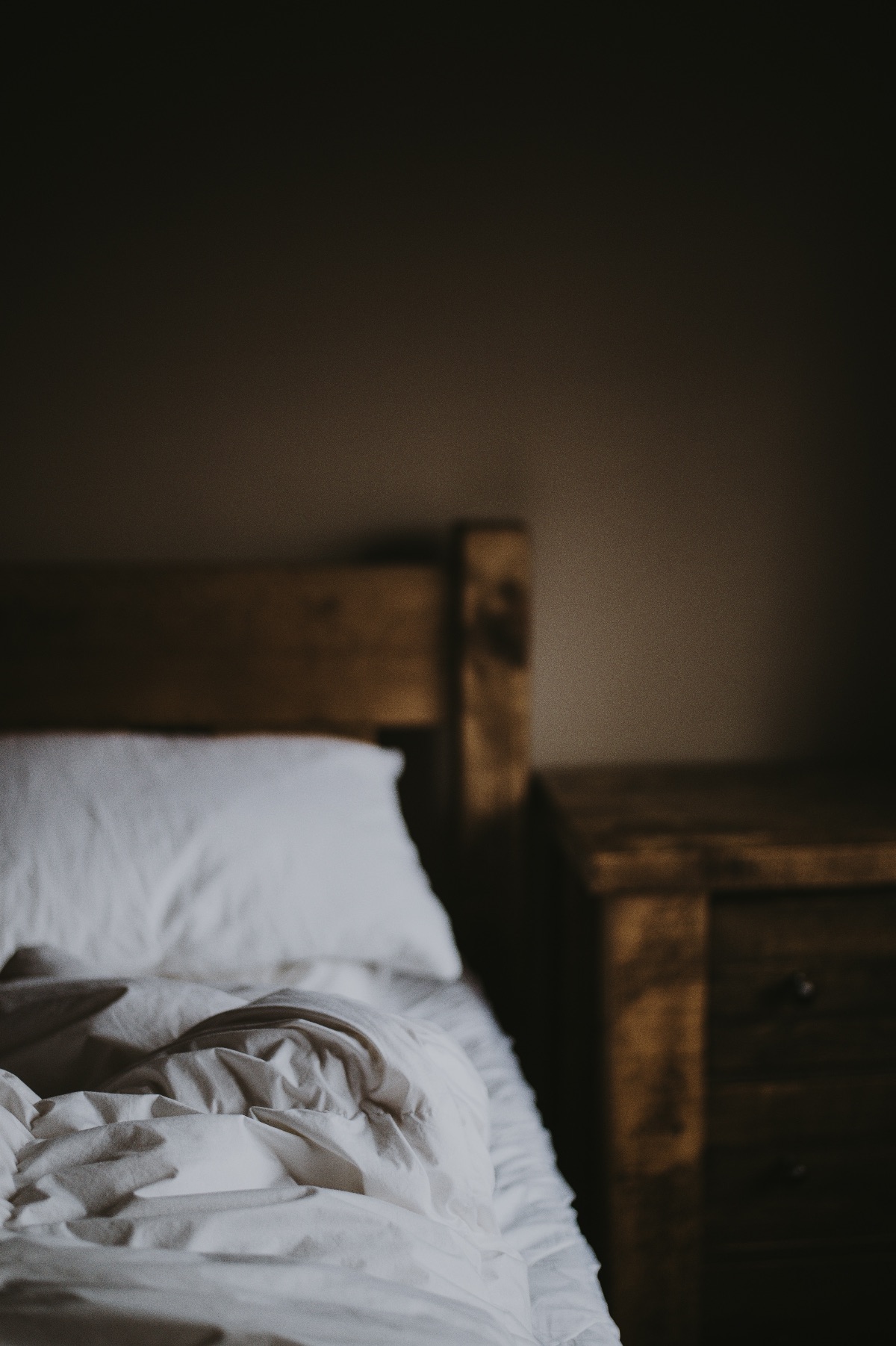
Ready to dive into a newly awakened dreamspace? Herbs can help vivify, clarify, stimulate, and protect our dreams all at once. Since dreaming can be a very personal experience, remember to listen to your intuition and inner wisdom when experimenting with different herbal dreamtime practices, preparations, and methods.
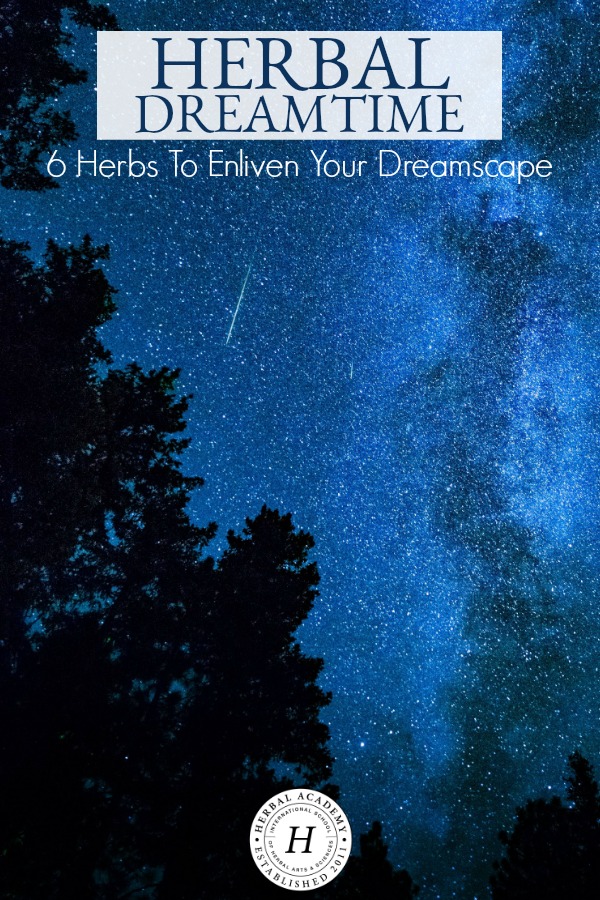
REFERENCES
Brennan, J.H. (2000). The magical I Ching. St. Paul, MN: Llewellyn Publications.
Brounstein, H. (1995). Mugwort. Retrieved from: https://www.henriettes-herb.com/archives/best/1995/mugwort-3.html
Burton-Seal, J. & Seal, M. (2009). Backyard medicine: Harvest and make your own herbal remedies. New York, NY: Skyhorse Publishing.
Carr, T. (2018). Dreams: How to connect with your dreams to enrich your life. London, UK: Octopus Books.
Holmes, P. (1989). The energetics of western herbs (Vol. 1). Cotati, CA: Snow Lotus Press.
Kress, H. (n.d.). Herbs for vivid dreams. Retrieved from: https://www.henriettes-herb.com/faqs/medi-3-3-dreams.html
McClain-Furmanski, D. (n.d.). Kava kava. Retrieved from: https://www.henriettes-herb.com/faqs/medi-2-10-kava.html
National Institutes of Health (2007). Information about sleep. Retrieved from: https://www.ncbi.nlm.nih.gov/books/NBK20359/
Storl, W. (2012). The herbal lore of wise women and wortcunners. Berkeley, CA: North Atlantic Books.
Tierra, M. (1988). Planetary herbology. Twin Lakes, WI: Lotus Press.








